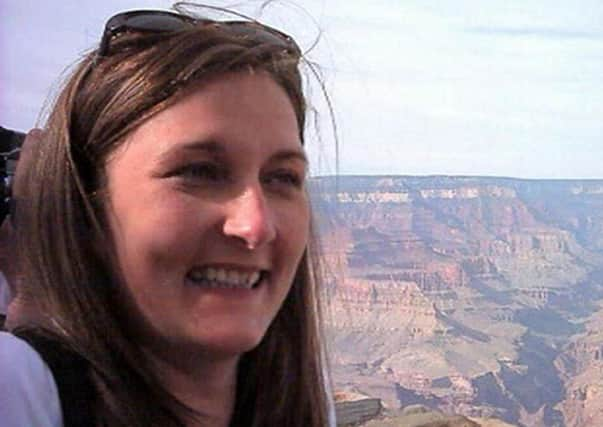Suzanna Pilley murder: Killer's family '˜shocked' by closure of review


David Gilroy, 52, was sentenced to life in prison for the murder of ex-lover Suzanne Pilley in 2010.
Ms Pilley, 38, disappeared on her way to work in central Edinburgh in May 2010. Her body has never been found.
Advertisement
Hide AdAdvertisement
Hide AdGilroy was found guilty of her murder in March 2012, but continued to protest his innocence.
He asked for his case to be considered by the Scottish Criminal Cases Review Commission, claiming he had suffered a miscarriage of justice.
The commission has said it has now completed its review and the case has been closed.
When Gilroy later appealed his conviction it was rejected. He also failed in a bid to have his case looked at by the UK Supreme Court.
The Scottish Criminal Cases Review Commission announced its review of the case in January 2015.
In response to the commission’s decision to close the case against Gilroy’s claim he had suffered a miscarriage of justice, his family expressed their “shock” at its findings.
In a statement the Gilroy family said: “ We are shocked not just at the decision but also at what seems to us to be many instances where the Commission’s analysis has fallen far short of a full and fair investigation into the detail of the application which David, supported by us, made to them in November 2014.
“One strand was fully and professionally examined by the SCCRC. They concluded that the evidence given by the dog handler was unreliable.”
Advertisement
Hide AdAdvertisement
Hide AdDuring the investigation two specialist cadaver dogs from an English police force were brought in to help in the search for Ms Pilley.
One of the dogs reacted when sniffing in the boot of Gilroy’s car, a jury heard during the trial. The guilty verdict was by majority and not unanimous.
The Gilroy family statement continues: “Without the dog evidence more jurors might have decided the case ‘not proven’ or that David was ‘not guilty’ - sufficient to form a majority for one of those verdicts?
“It is far from clear why the Commission conclude that there was no real possibility of this.
“For the time being David will not now have the chance to have this properly re-examined in a court.”
The statement added: “We will now consider what else we can do to support David in his quest to clear his name in the hope that a fresh enquiry will take place which may stand some chance of uncovering the truth.”
Gilroy could ask for a subsequent review of the case by the commission. This would only be if, for example, new evidence came to light. Ms Pilley, who had previously had an affair with married Gilroy, had set off on her usual journey to work in Edinburgh city centre. She never arrived.
The jury in Gilroy’s trial heard he was driven by jealousy and embarked on a series of acts to cover up his crime.
He took Ms Pilley’s body to a secret grave, believed to be in a remote part of Argyll.